This blog post will show you the 17 not-talked about ways to optimize space in your home you can embrace.
In today’s fast-paced world, our living spaces often become more than just places to rest our heads—they’re where we work, relax, and spend time with loved ones.
Although, with the increasing demands on our homes, it can be challenging to find enough space for everything we need.
While many of us are familiar with common space-saving solutions, there are lesser-known strategies that can make a significant difference in optimizing our living environments.
In this blog post, we will look at innovative and unconventional ways to make the most out of every inch of your home, helping you create a functional and expansive space.
17 NOT-TALKED-ABOUT WAYS TO OPTIMIZE SPACE IN YOUR HOME.
1. Vertical Storage Solutions
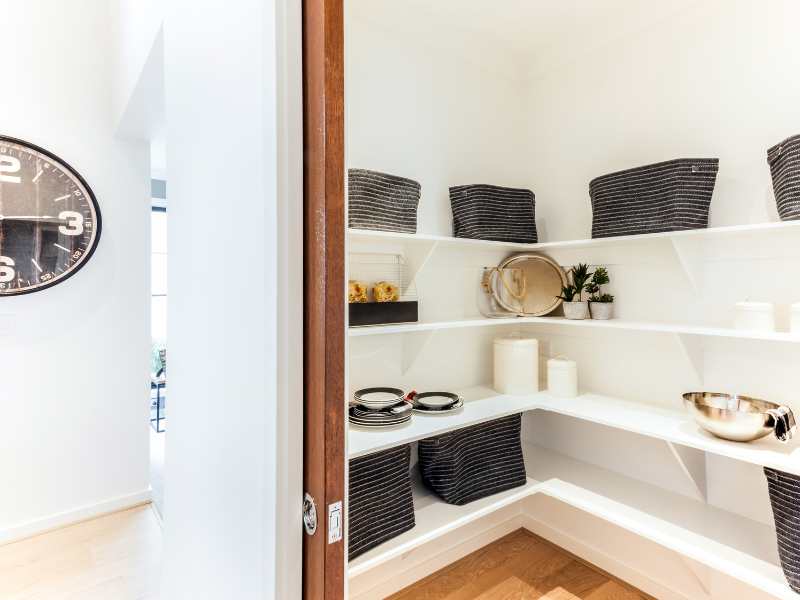 Think beyond traditional shelving and consider vertical storage options like wall-mounted racks or pegboards.
Think beyond traditional shelving and consider vertical storage options like wall-mounted racks or pegboards.
These can be used in various rooms, including kitchens, garages, and bathrooms, to free up floor space while keeping essentials within easy reach.
2. Furniture with Hidden Compartments
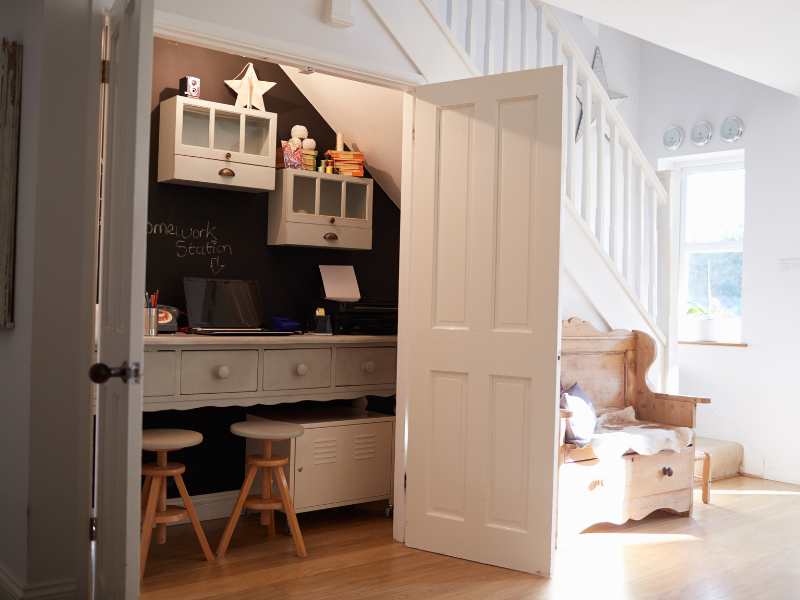 Invest in furniture that doubles as storage. Ottomans, coffee tables, and bed frames with built-in drawers or compartments can help you stow away items neatly and keep your living areas clutter-free.
Invest in furniture that doubles as storage. Ottomans, coffee tables, and bed frames with built-in drawers or compartments can help you stow away items neatly and keep your living areas clutter-free.
3. Under-Stair Storage
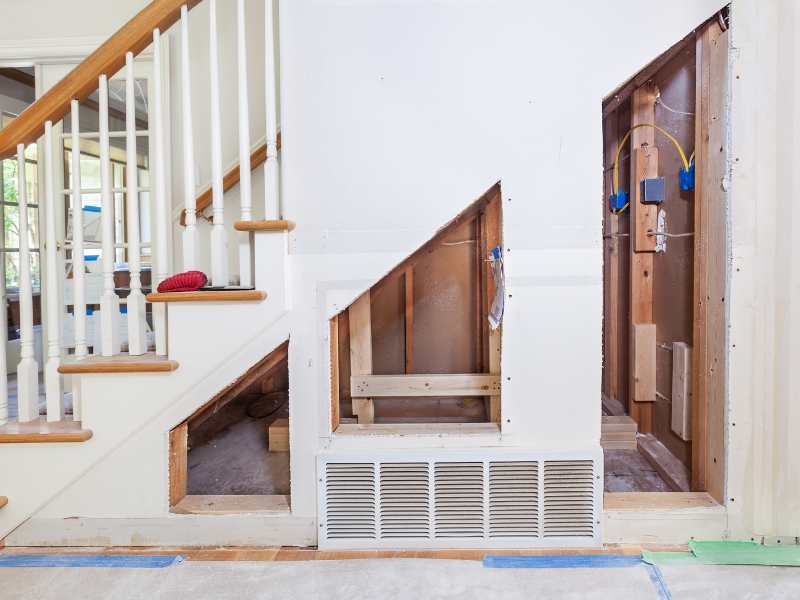 Utilize the often-overlooked space under your stairs. Custom cabinets or open shelving can turn this area into a functional storage solution for shoes, books, or household supplies.
Utilize the often-overlooked space under your stairs. Custom cabinets or open shelving can turn this area into a functional storage solution for shoes, books, or household supplies.
This is one of the effective not-talked about ways to optimize space in your home you can contain.
4. Over-the-Door Organizers
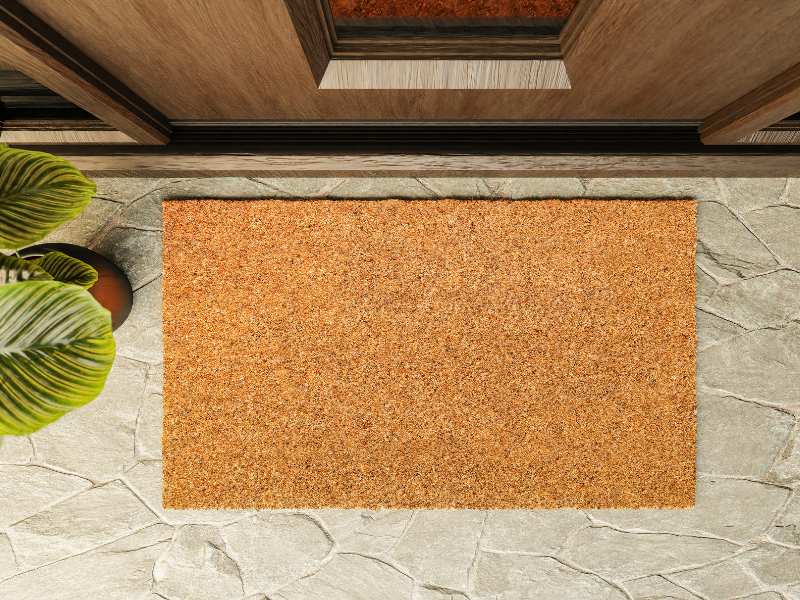 These can be a game-changer in areas like closets and bathrooms.
These can be a game-changer in areas like closets and bathrooms.
With pockets for shoes, cleaning supplies, or toiletries, they maximize vertical space that might otherwise go unused.
5. Fold-Down Furniture
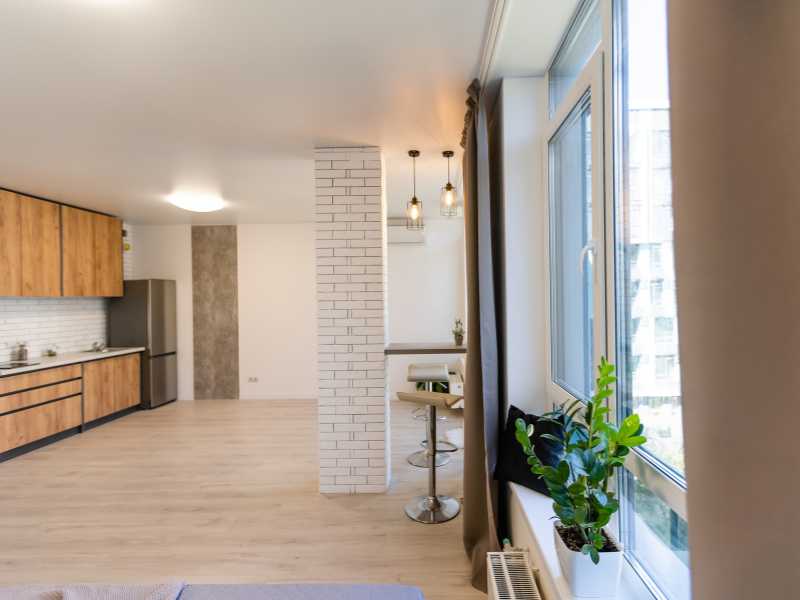 Wall-mounted, fold-down desks and tables can be a great addition to small spaces.
Wall-mounted, fold-down desks and tables can be a great addition to small spaces.
When not in use, these pieces can be folded away, creating a more open and flexible living area.
6. Convertible Rooms
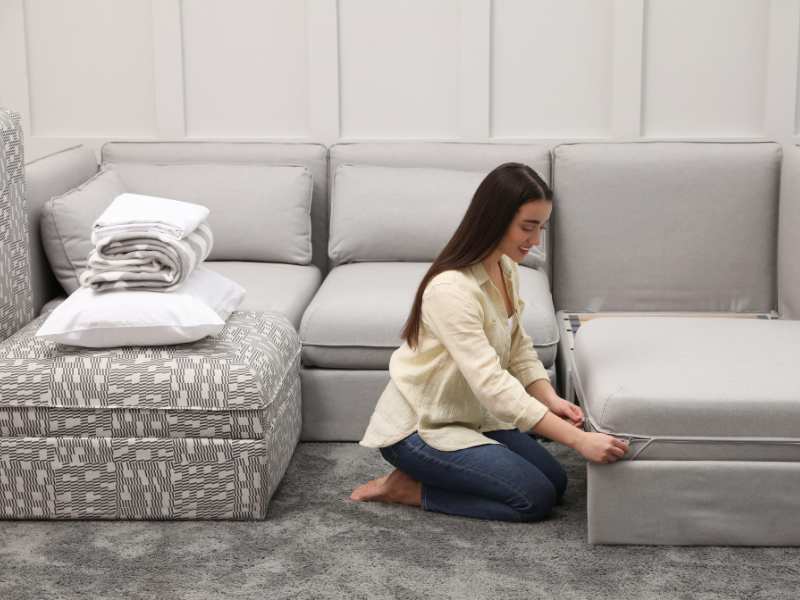 Design rooms that serve multiple purposes. For example, a guest room can double as a home office with a Murphy bed or a fold-out desk.
Design rooms that serve multiple purposes. For example, a guest room can double as a home office with a Murphy bed or a fold-out desk.
This approach allows you to get more functionality out of a single space. Having a convertible room is one of the best not-talked about ways to optimize space in your home.
7. Sliding Doors
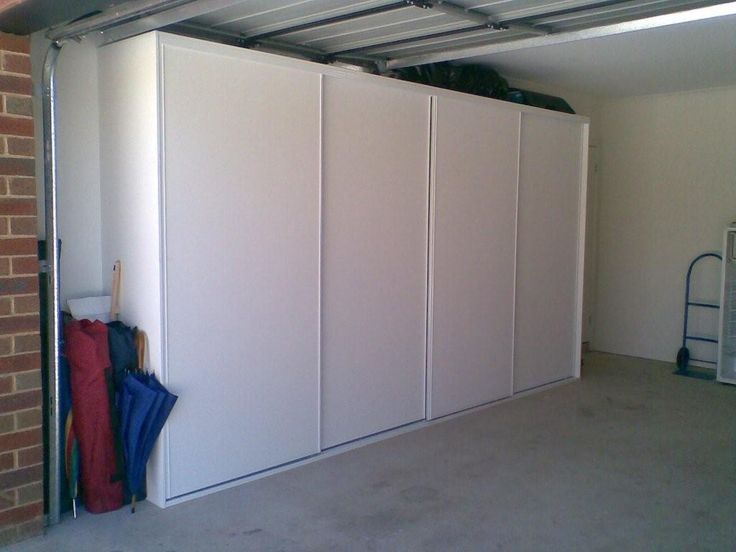
Replace traditional hinged doors with sliding doors.
They take up less space when opened and can be particularly useful for closets, bathrooms, and even room dividers.
8. Elevated Beds
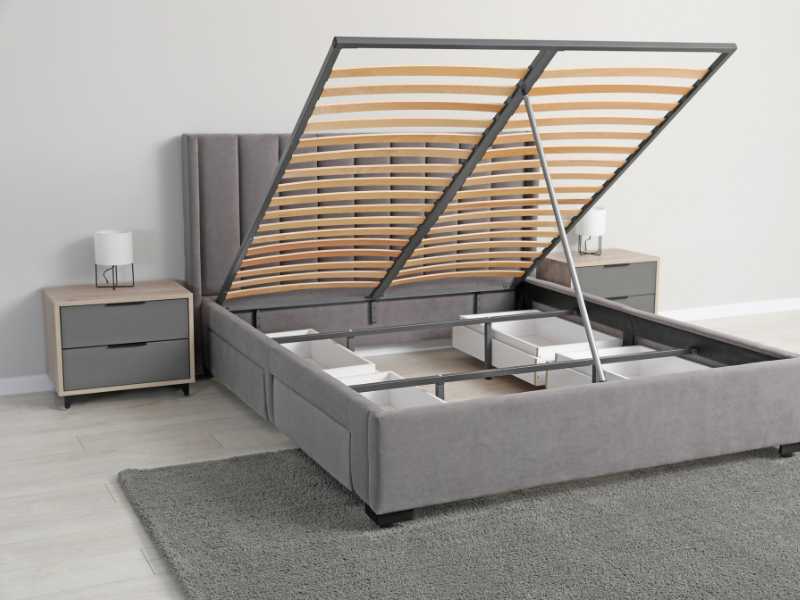 Elevate your bed to create space underneath for storage.
Elevate your bed to create space underneath for storage.
This can be particularly useful in small bedrooms or studios, where additional storage options are necessary.
9. Hidden Compartments in Stairs
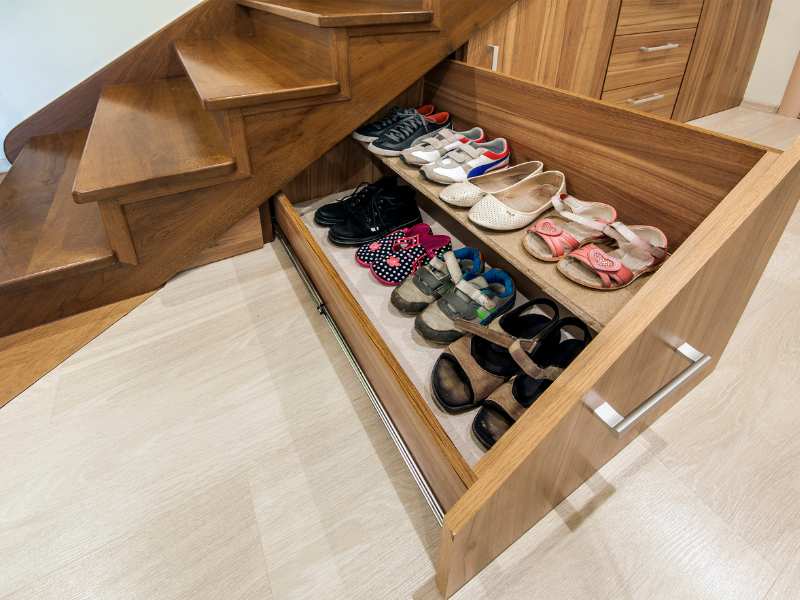 Similar to under-stair storage, you can design staircases with built-in drawers or cabinets within the steps.
Similar to under-stair storage, you can design staircases with built-in drawers or cabinets within the steps.
This approach maximizes space without compromising on aesthetics.
10. Modular Furniture
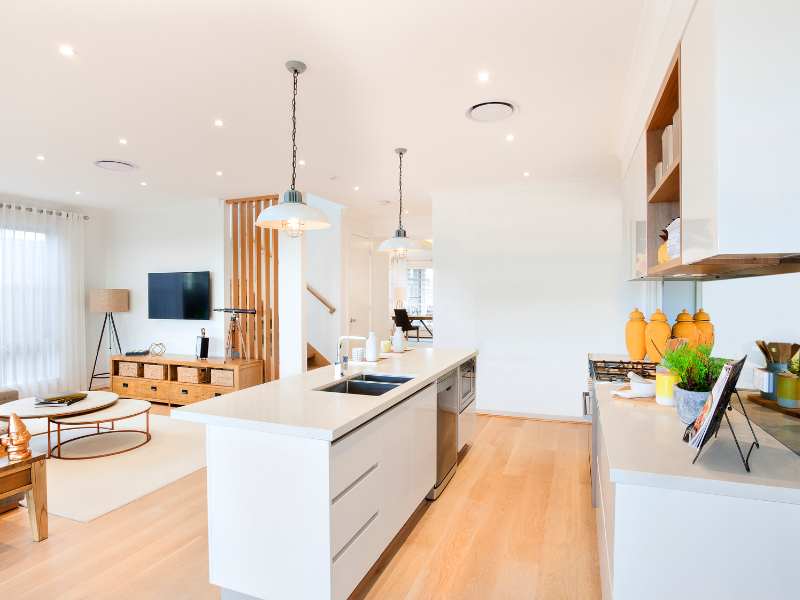 Opt for modular furniture that can be rearranged or reconfigured as needed. Modular sofas, for example, can be adapted to fit various room layouts and needs.
Opt for modular furniture that can be rearranged or reconfigured as needed. Modular sofas, for example, can be adapted to fit various room layouts and needs.
11. Retractable or Hidden Appliances
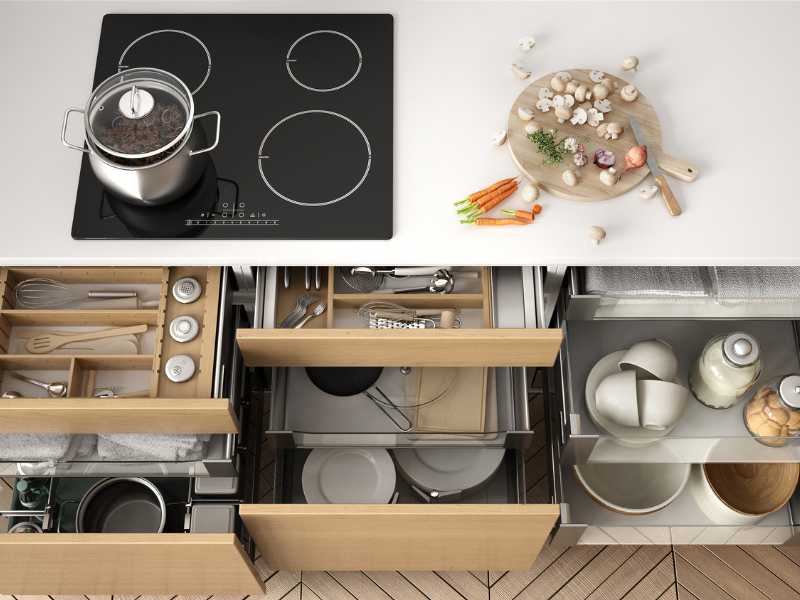 Consider appliances that can be retracted or hidden when not in use.
Consider appliances that can be retracted or hidden when not in use.
For instance, retractable kitchen hoods or hidden dishwashers can help maintain a cleaner, less cluttered look.
12. Multi-Purpose Walls
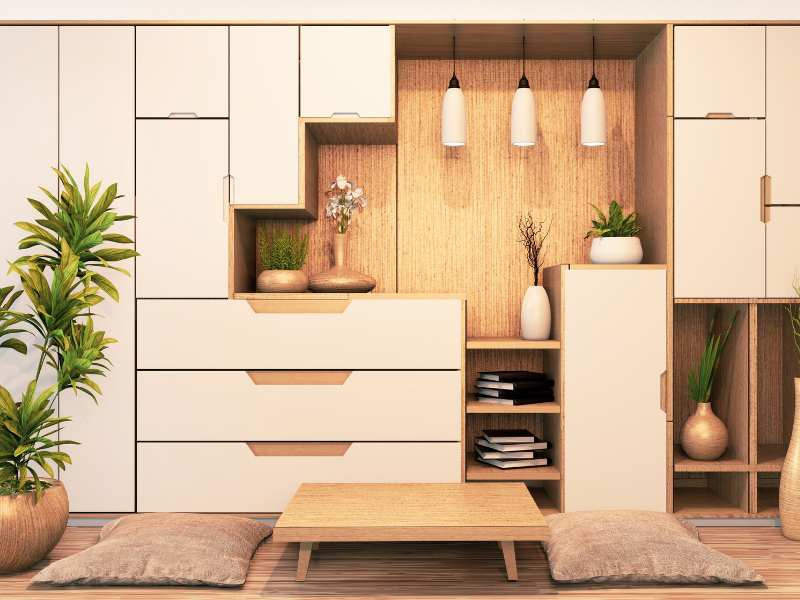 Install fold-down or retractable wall panels that can act as desks, beds, or dining areas. These can be particularly useful in small apartments or studio spaces.
Install fold-down or retractable wall panels that can act as desks, beds, or dining areas. These can be particularly useful in small apartments or studio spaces.
13. Custom Closet Organizers
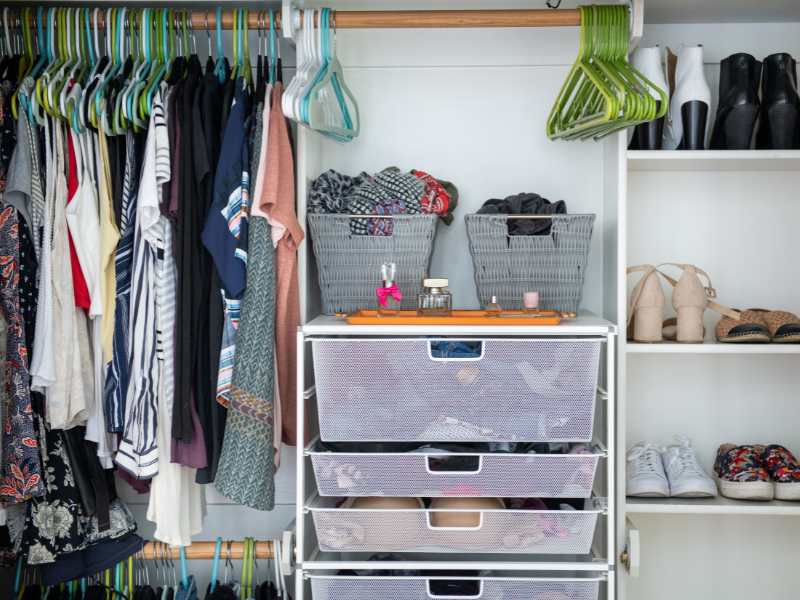 Invest in custom closet organizers that utilize every inch of closet space.
Invest in custom closet organizers that utilize every inch of closet space.
Adjustable shelves, pull-out racks, and built-in drawers can help maximize storage and keep items organized.
14. Furniture with Built-In Lighting
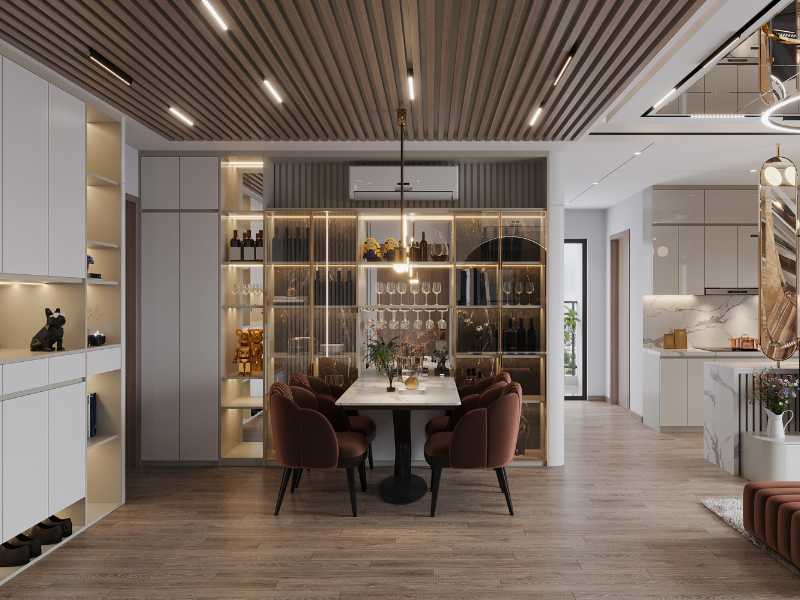 Incorporate furniture that includes built-in lighting, such as bookcases with LED strips. This not only saves space but also enhances the functionality of your furniture.
Incorporate furniture that includes built-in lighting, such as bookcases with LED strips. This not only saves space but also enhances the functionality of your furniture.
15. Utilize Ceiling Space
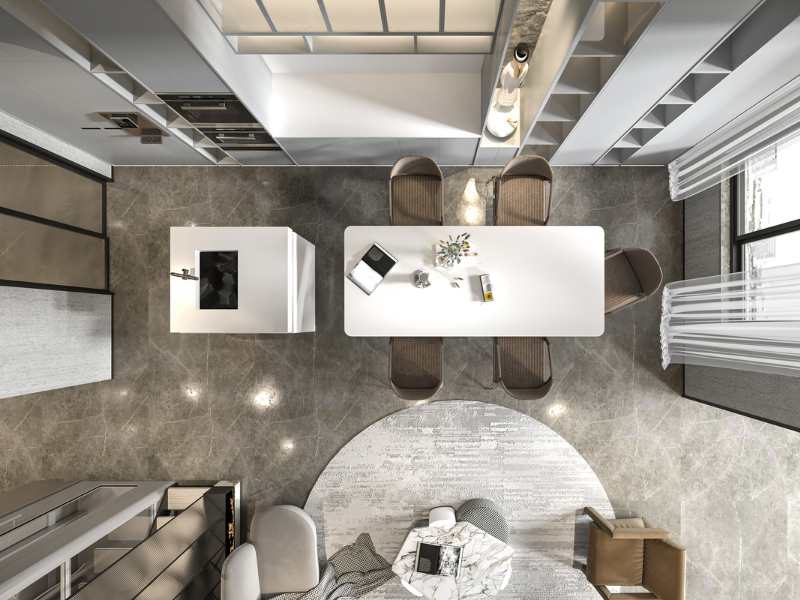 Install ceiling-mounted racks or hooks for storing items like bikes, hanging plants, or even pots and pans.
Install ceiling-mounted racks or hooks for storing items like bikes, hanging plants, or even pots and pans.
This can help keep floor space clear and make use of otherwise underutilized areas.
16. Foldable or Stackable Furniture
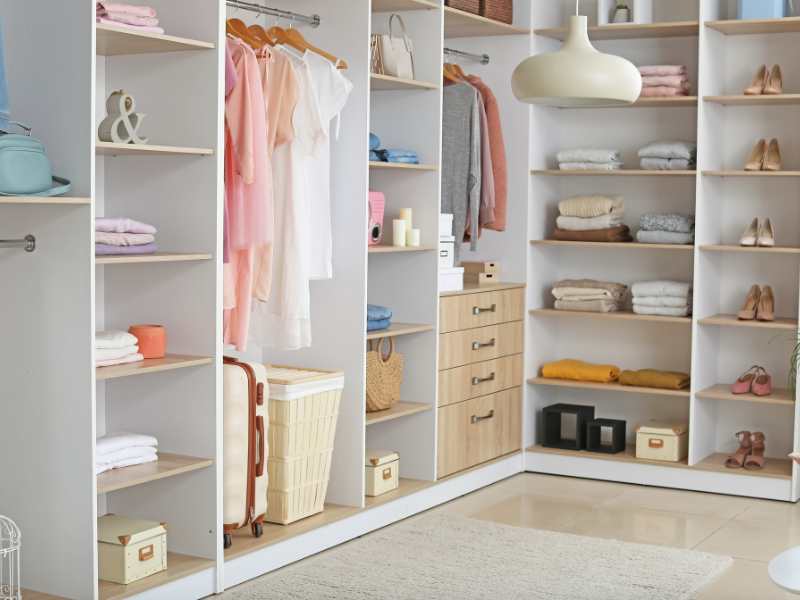 Use foldable or stackable furniture for flexible living arrangements.
Use foldable or stackable furniture for flexible living arrangements.
For example, stackable chairs and foldable tables can be stored away when not in use, providing more room for other activities.
17. Custom-built Nooks and Crannies
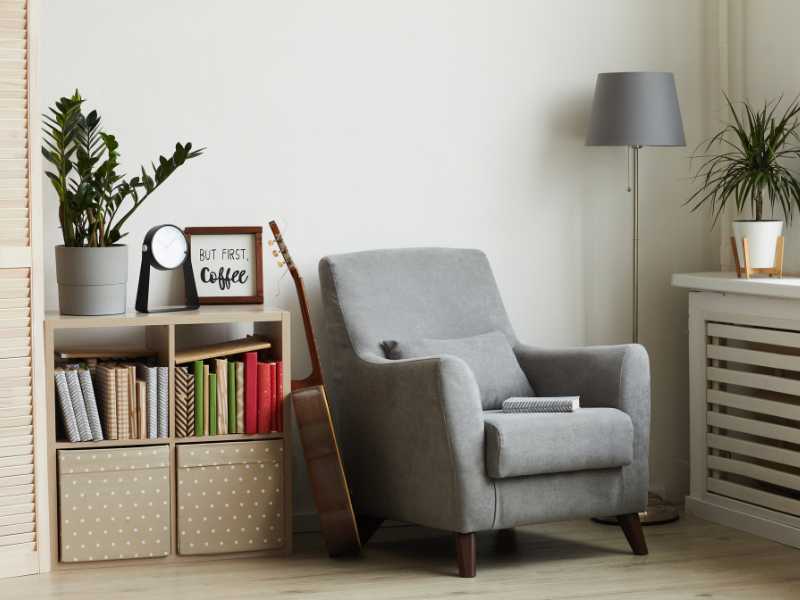 Design custom-built nooks and crannies in unused areas of your home.
Design custom-built nooks and crannies in unused areas of your home.
These could be built into walls, under stairs, or in corners to provide additional storage or display space.
SOME UNCONVENTIONAL STORAGE SOLUTIONS FOR SMALL APARTMENTS.
1. Under-Bed Drawers
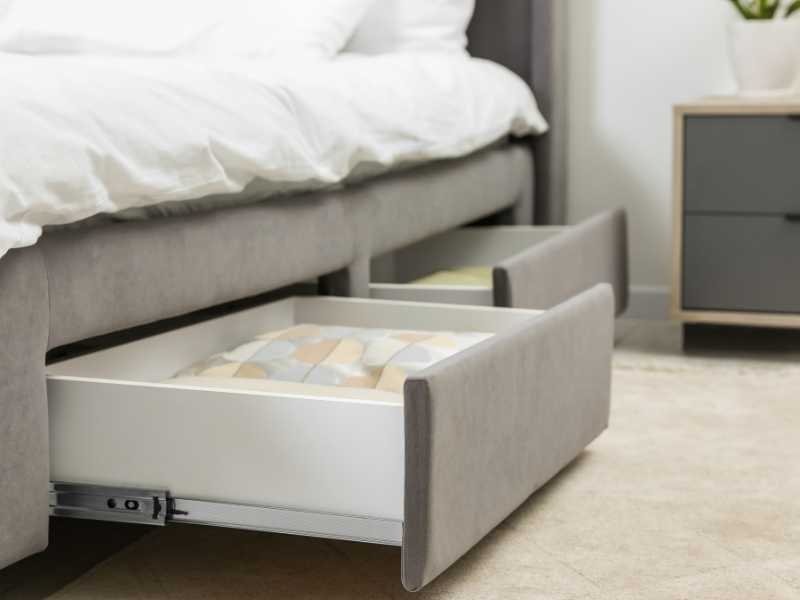 Use the space under your bed for storage by installing drawers or using bins. This can be an excellent spot for seasonal items, shoes, or extra linens.
Use the space under your bed for storage by installing drawers or using bins. This can be an excellent spot for seasonal items, shoes, or extra linens.
2. Overhead Storage Bins
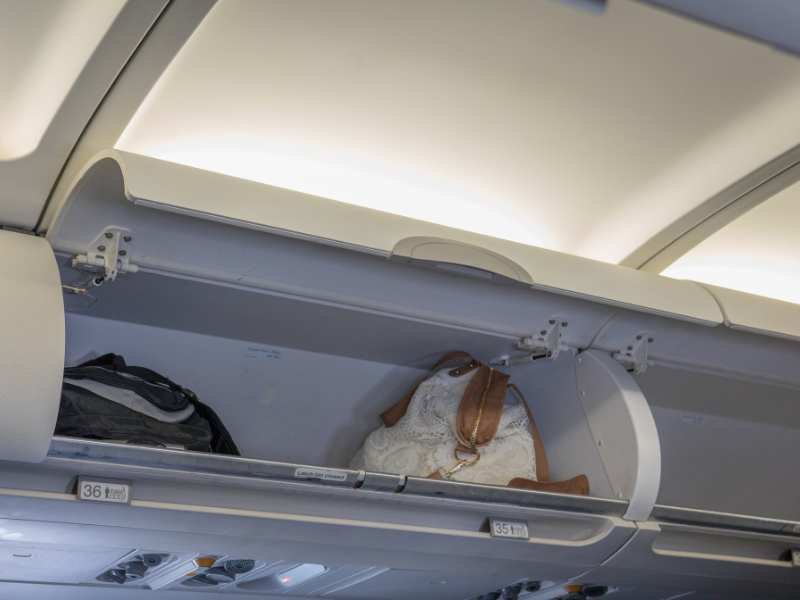 Install bins or shelves above your kitchen cabinets or other high areas to store items you don’t use daily.
Install bins or shelves above your kitchen cabinets or other high areas to store items you don’t use daily.
This keeps your everyday areas less cluttered.
3. Furniture with Built-In Storage
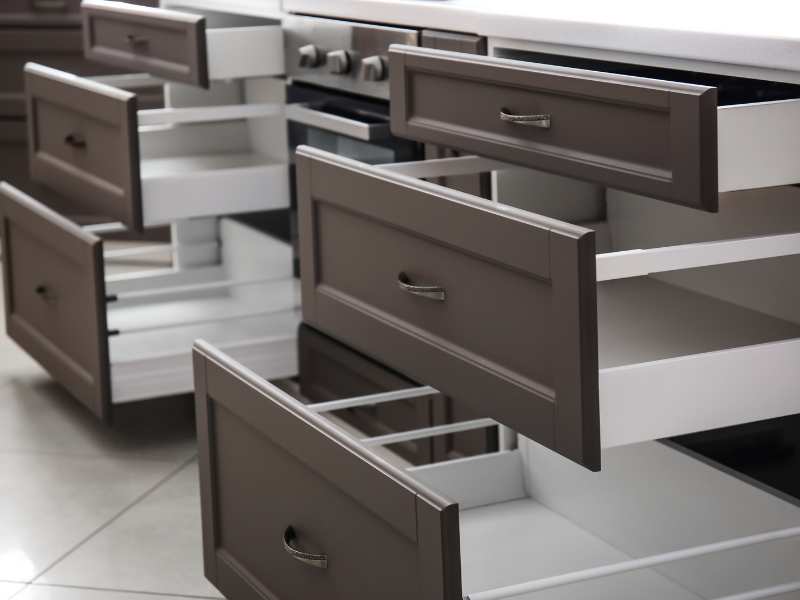 Choose furniture pieces that offer hidden storage, such as ottomans with compartments, coffee tables with drawers, or bed frames with built-in drawers.
Choose furniture pieces that offer hidden storage, such as ottomans with compartments, coffee tables with drawers, or bed frames with built-in drawers.
4. High-Level Shelving
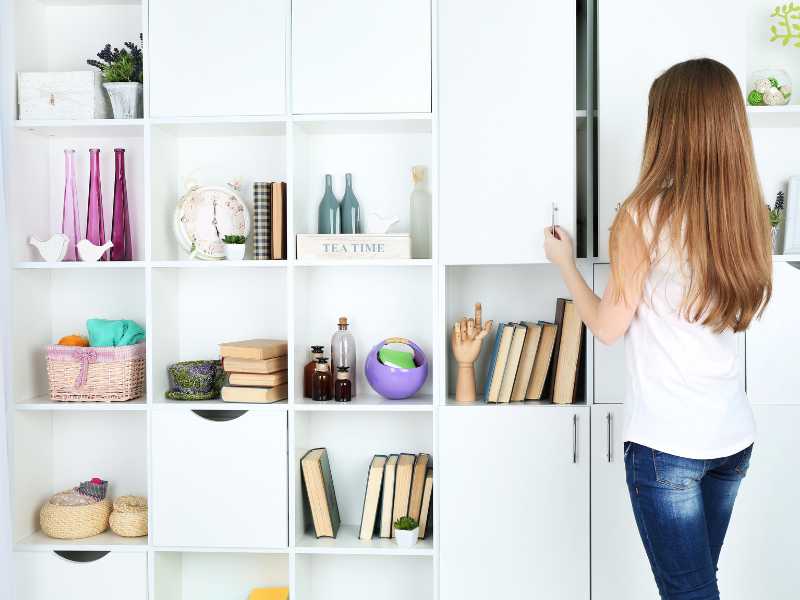 Install shelves high up on walls to store books, decor, or less frequently used items. Use a step ladder or sliding ladder for easy access.
Install shelves high up on walls to store books, decor, or less frequently used items. Use a step ladder or sliding ladder for easy access.
5. Multi-Functional Furniture
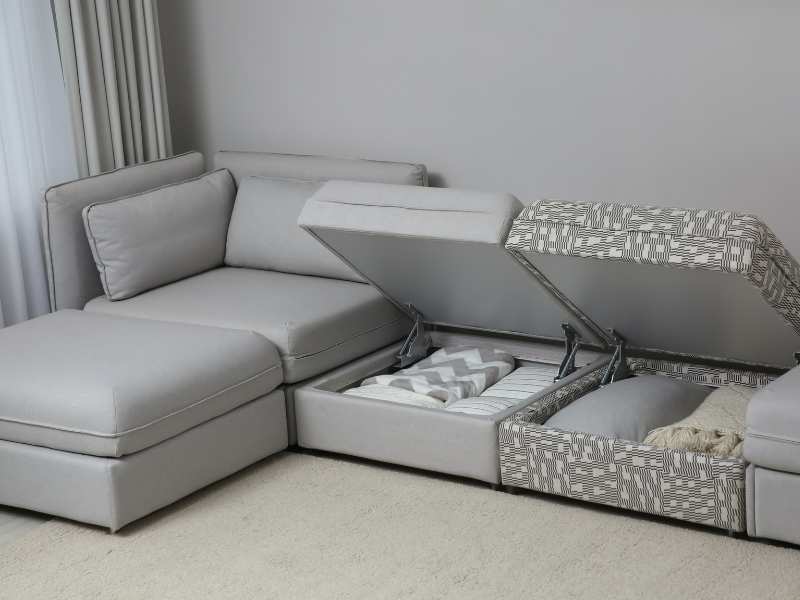 Invest in furniture that serves multiple purposes, such as a sofa bed, a dining table with built-in storage, or a desk that doubles as a vanity.
Invest in furniture that serves multiple purposes, such as a sofa bed, a dining table with built-in storage, or a desk that doubles as a vanity.
6.Wall-mounted planters
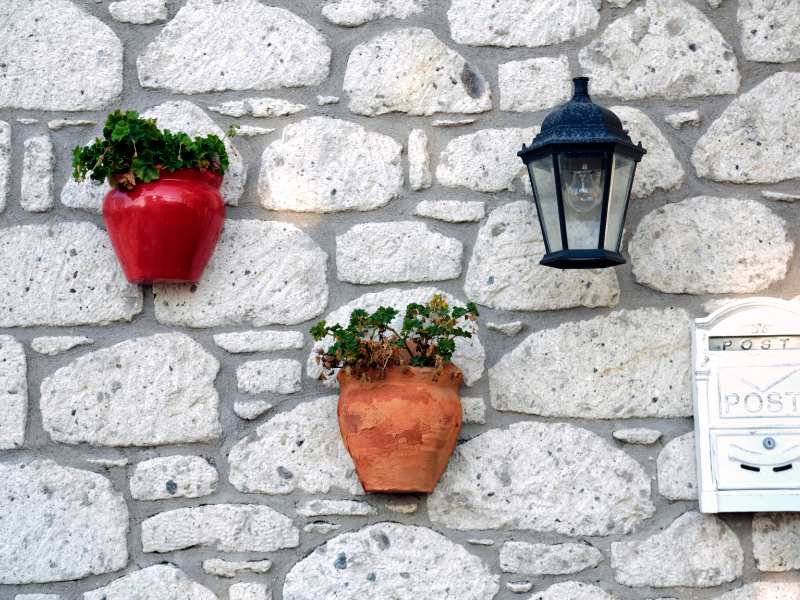 Use wall-mounted planters or vertical garden systems to grow herbs and small plants. This not only saves counter space but also adds greenery to your home.
Use wall-mounted planters or vertical garden systems to grow herbs and small plants. This not only saves counter space but also adds greenery to your home.
7. Door-Mounted Organizers
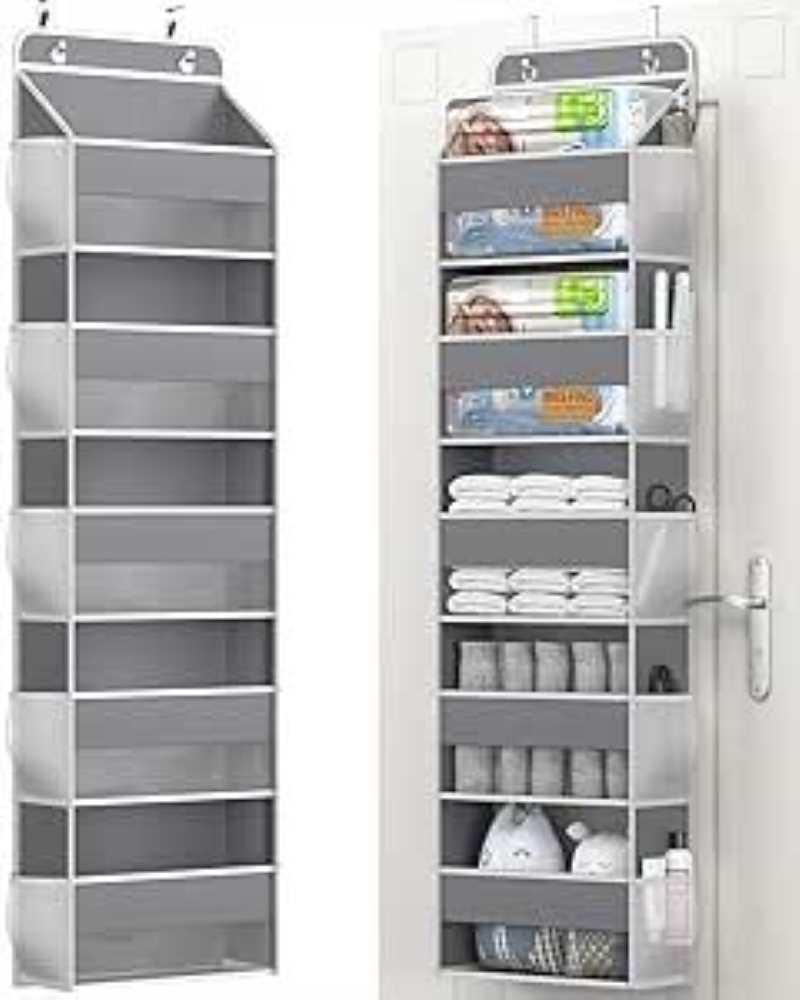 Utilize the back of doors for storage with organizers designed for shoes, cleaning supplies, or pantry items.
Utilize the back of doors for storage with organizers designed for shoes, cleaning supplies, or pantry items.
This can help you maximize unused space.
8. Under-Sink Storage
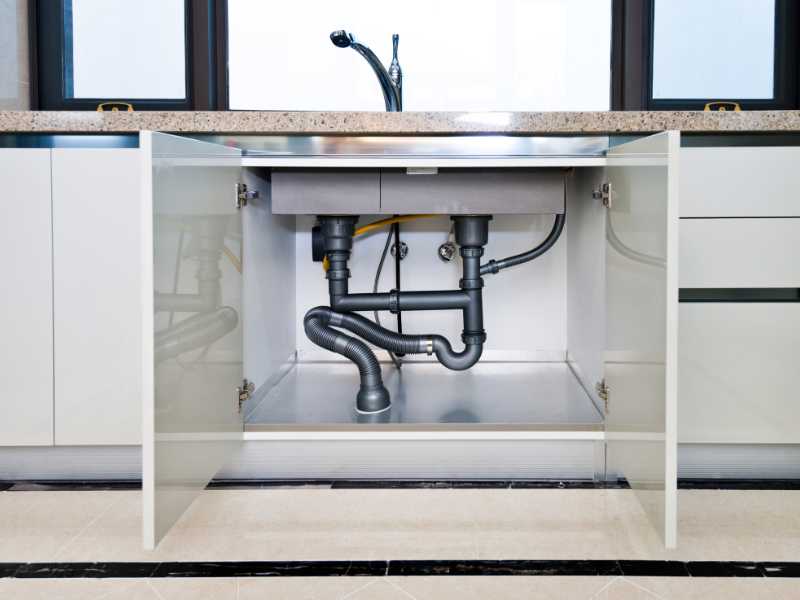 Install custom shelves or racks inside your kitchen or bathroom cabinets to make better use of the space under the sink.
Install custom shelves or racks inside your kitchen or bathroom cabinets to make better use of the space under the sink.
This helps keep cleaning supplies and other items organized.
9. Fold-Down Desks
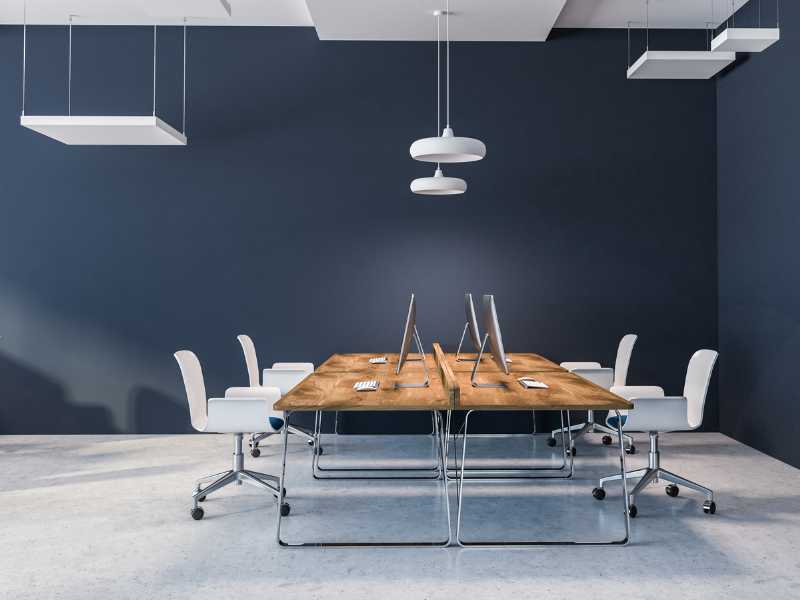 Opt for wall-mounted, fold-down desks that can be tucked away when not in use. This is especially useful for creating a temporary workspace in a small room.
Opt for wall-mounted, fold-down desks that can be tucked away when not in use. This is especially useful for creating a temporary workspace in a small room.
10. Hanging Storage Solutions
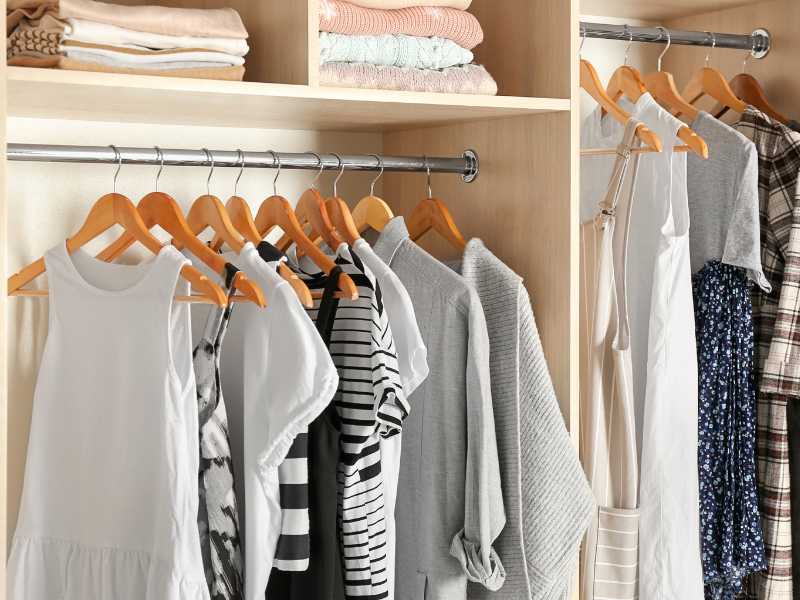 Use ceiling-mounted racks or hooks to hang items like bikes, pots and pans, or even clothing.
Use ceiling-mounted racks or hooks to hang items like bikes, pots and pans, or even clothing.
This keeps floor space clear and uses vertical space effectively.
11. Clever Closet Organizers
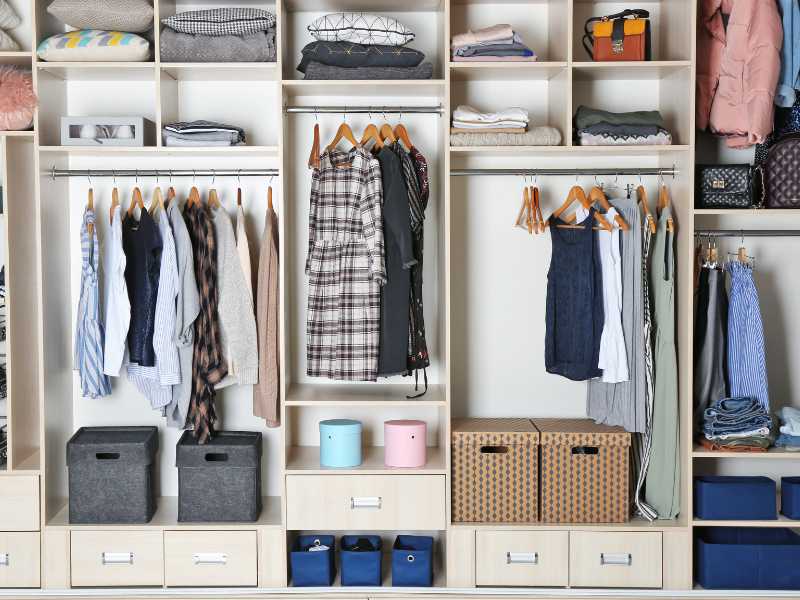 Install hanging shelves, shoe racks, or cascading hangers in your closets to maximize the use of closet space.
Install hanging shelves, shoe racks, or cascading hangers in your closets to maximize the use of closet space.
Consider custom solutions to fit your specific needs.
12. Built-In Bench Storage
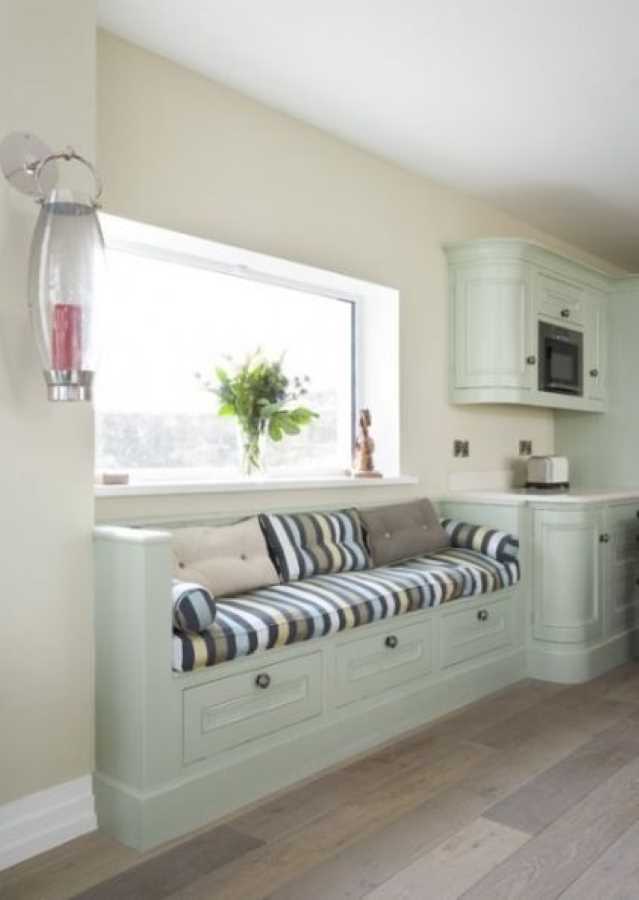
Get built-in benches with storage underneath in entryways or living rooms. These can be used for seating and to store shoes, bags, or other items.
HOW TO OPTIMIZE ENTRYWAY SPACE TO REDUCE CLUTTER.
1. Add a Bench with Storage
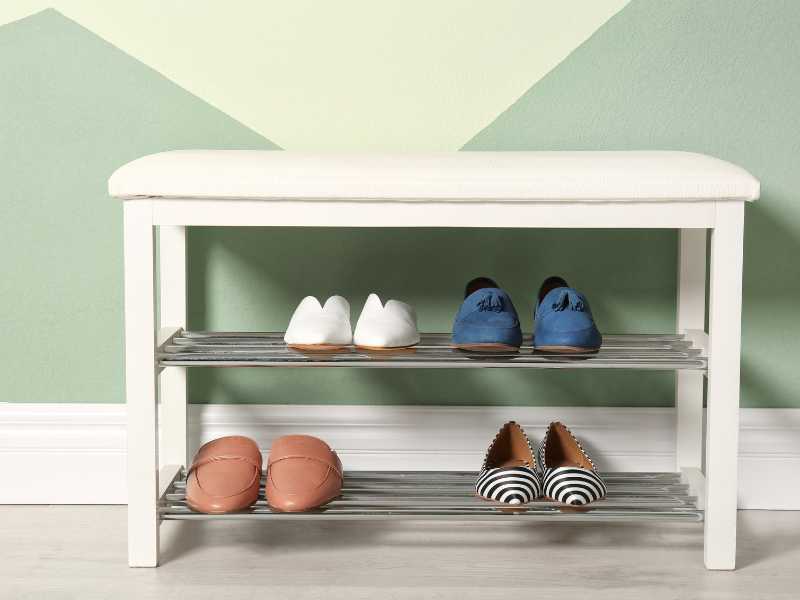 Install a bench with built-in storage underneath.
Install a bench with built-in storage underneath.
This provides a place to sit while putting on or taking off shoes and offers space to store shoes, bags, or other items.
2. Install Hooks and Racks
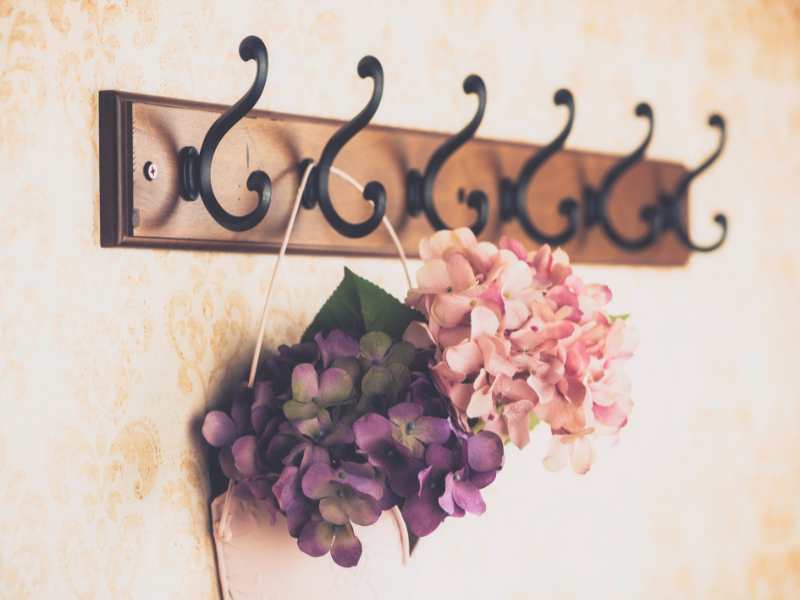 Use wall-mounted hooks or racks for coats, hats, and bags.
Use wall-mounted hooks or racks for coats, hats, and bags.
This keeps items off the floor and easily accessible. Consider a combination of hooks and shelves for added functionality.
3. Use a Shoe Rack or Tray
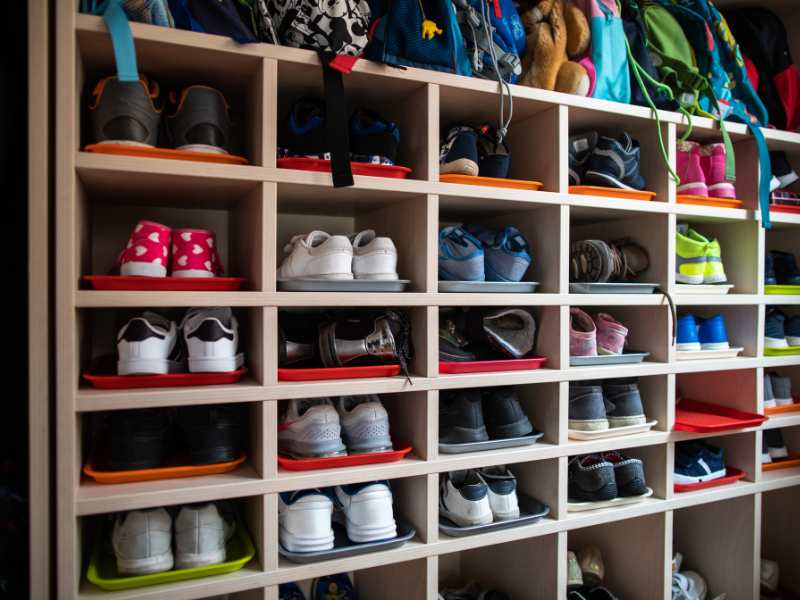 Place a shoe rack or tray near the entryway to keep shoes organized and off the floor.
Place a shoe rack or tray near the entryway to keep shoes organized and off the floor.
Choose one that fits the space and can hold multiple pairs.
4. Install a Floating Shelf
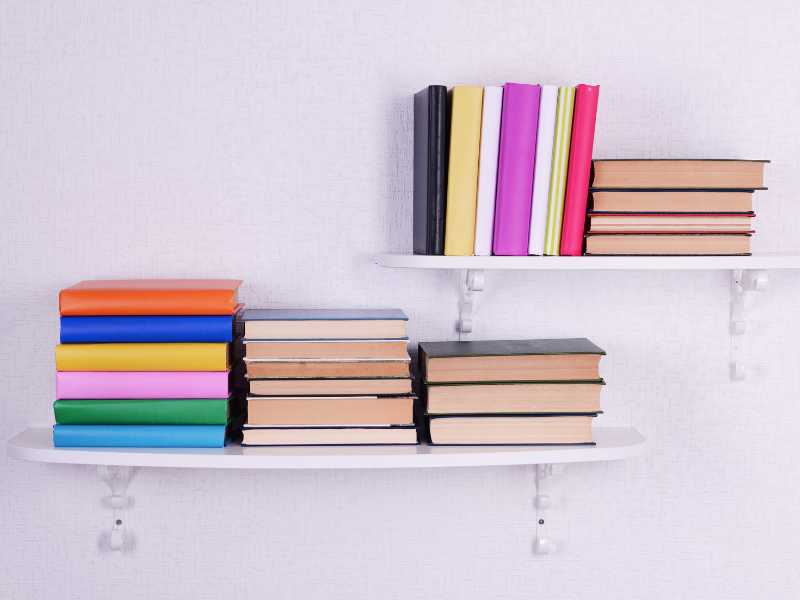 A floating shelf above a bench or near the door can hold keys, mail, or small decorative items.
A floating shelf above a bench or near the door can hold keys, mail, or small decorative items.
It’s a great way to utilize vertical space while keeping essentials organized.
5. Add a Key Holder or Mail Organizer
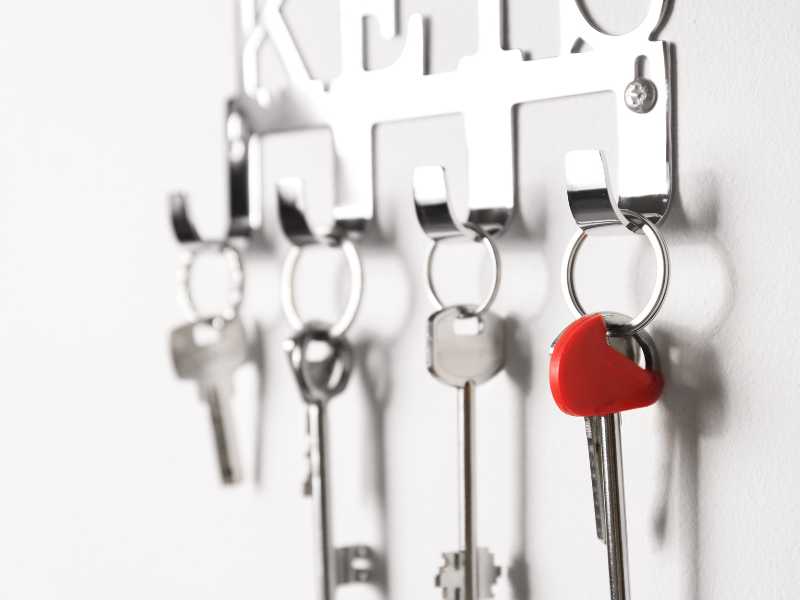 Install a key holder or mail organizer near the entryway.
Install a key holder or mail organizer near the entryway.
This helps keep important items like keys and mail in one place and reduces the likelihood of misplacing them.
6. Create a Drop Zone
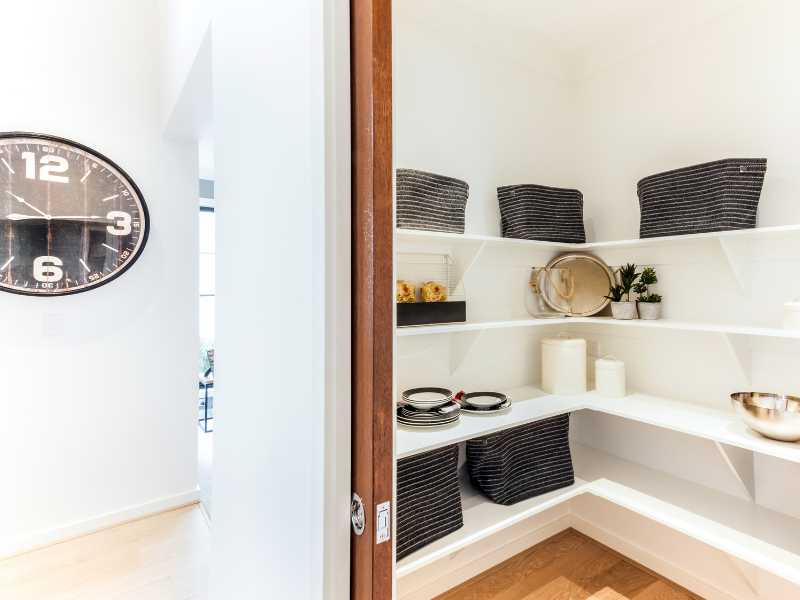 Designate a specific area for frequently used items, such as a small table or countertop where you can drop your wallet, phone, or other essentials when you come in the door.
Designate a specific area for frequently used items, such as a small table or countertop where you can drop your wallet, phone, or other essentials when you come in the door.
7. Use a Mirror
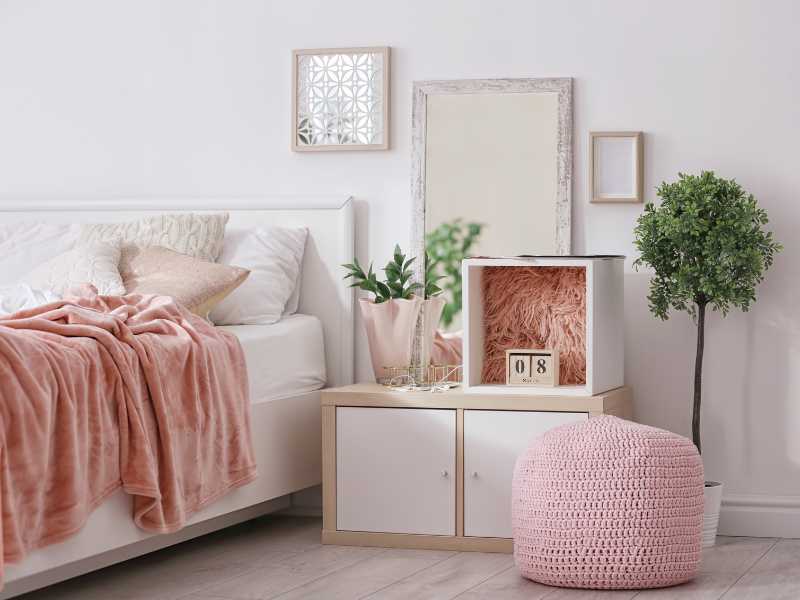 Hang a mirror in the entryway. Not only does it make the space feel larger and brighter, but it also provides a spot for last-minute checks before leaving the house.
Hang a mirror in the entryway. Not only does it make the space feel larger and brighter, but it also provides a spot for last-minute checks before leaving the house.
8. Add a Chalkboard or Whiteboard
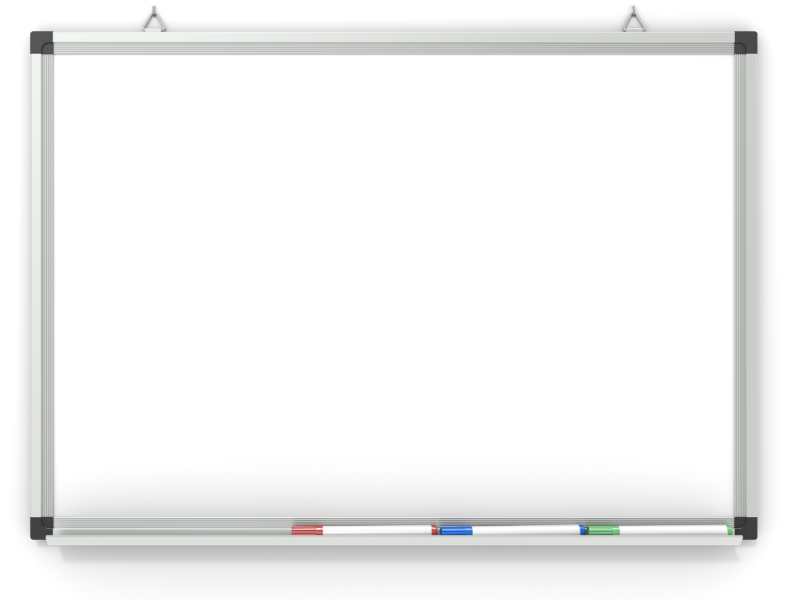 A chalkboard or whiteboard can be useful for jotting down reminders or important notes. It’s also a convenient spot for keeping track of family schedules or grocery lists.
A chalkboard or whiteboard can be useful for jotting down reminders or important notes. It’s also a convenient spot for keeping track of family schedules or grocery lists.
9. Utilize Door Space
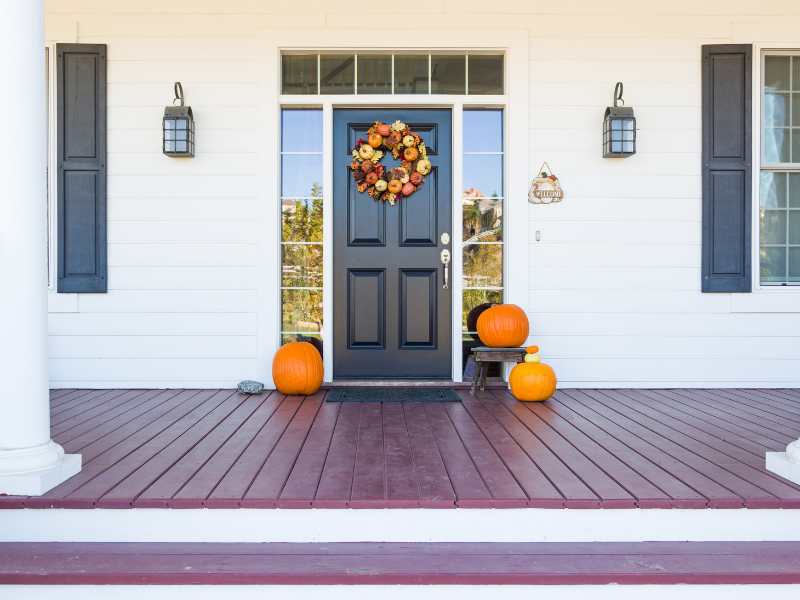 Hang organizers or racks on the back of the entryway door for additional storage. These can hold items like shoes, hats, or cleaning supplies.
Hang organizers or racks on the back of the entryway door for additional storage. These can hold items like shoes, hats, or cleaning supplies.
10. Regular Decluttering
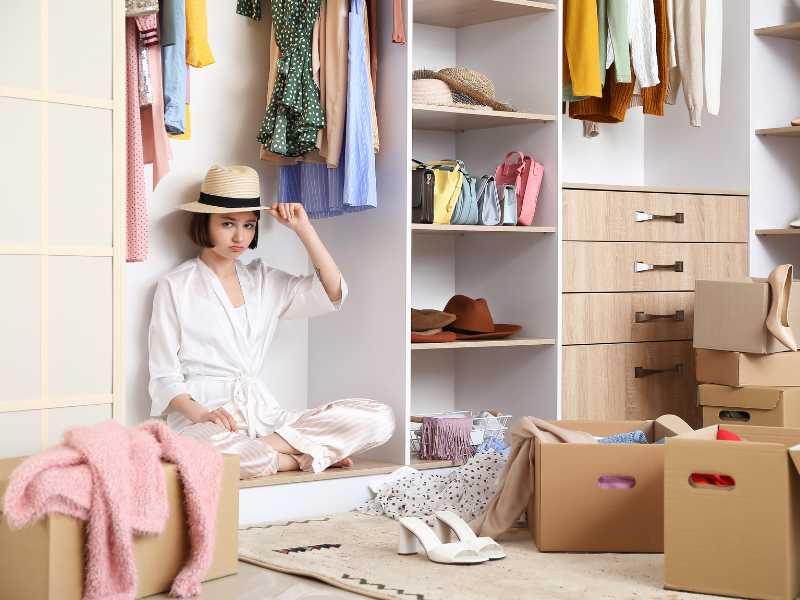 Periodically go through the entryway and remove items that are no longer needed.
Periodically go through the entryway and remove items that are no longer needed.
Regularly decluttering helps prevent buildup and keeps the space functional and organized.
Refining your entryway is a crucial step in reducing clutter and creating a more organized, welcoming home environment.
By applying these practical and creative strategies, you can transform your entryway into a functional space that not only keeps your essentials neatly arranged but also enhances the overall flow of your home.
The key, is to choose solutions that fit your specific needs and style, ensuring that your entryway serves as a practical yet inviting transition between the outside world and your living space.
With a well-organized entryway, you’ll find that starting and ending your day becomes a more seamless and enjoyable experience.
This article has showed you the 17 not-talked about ways to optimize space in your home you can add to your lifestyle for your comfort.